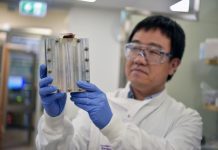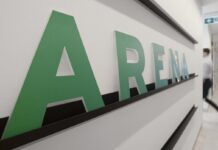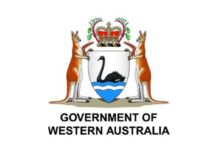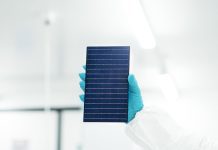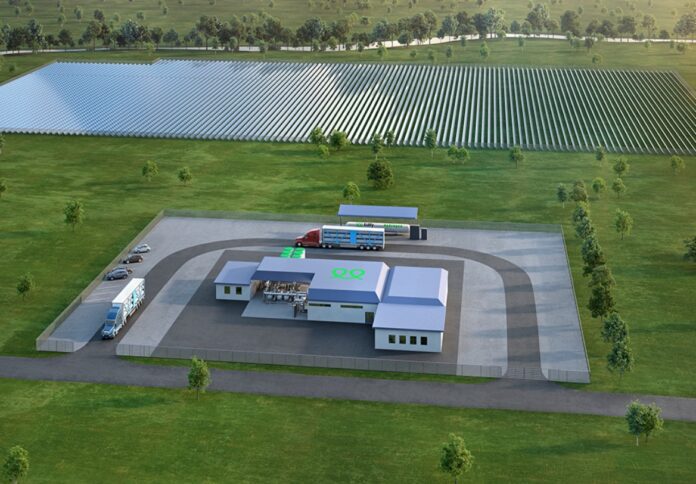
The Australian Renewable Energy Agency (ARENA) has welcomed $2 billion in new financing announced in the 2023-24 Federal Budget for its Hydrogen Headstart initiative that aims to support Australia’s largest green hydrogen projects.
Two to three of Australia’s flagship hydrogen projects, which could provide up to 1 gigawatt of hydrogen electrolyser capacity, are anticipated to get financial backing from Hydrogen Headstart, establishing Australia as a pioneer and potential industry leader.
Through competitive production contracts, funding will offer revenue support for investments in renewable hydrogen generation, ARENA said in a news release.
The funding will also bridge the commercial gap between the cost of producing hydrogen from renewable sources and its current market price.
ARENA said it has been allocated $4.2 million this year to support the development and operation of the program in consultation with the Department of Climate Change Energy Environment and Water (DCCEEW).
“Hydrogen Headstart will catalyse Australia’s hydrogen industry and other clean energy industries, and help position Australia as a global hydrogen leader,” ARENA CEO Darren Miller said.
In the upcoming months, the program will be developed in collaboration with DCCEEW, industry, and communities.
According to Miller, the Hydrogen Headstart initiative will guarantee that large-scale hydrogen projects that are already in the planning stages can be started in Australia.
“Australia has an unparalleled opportunity to become a global green hydrogen leader, but we can’t afford to lose our momentum as other competing countries step up their ambitions and support,” he said.
Miller added, “With this funding, we are looking to incentivise green hydrogen production in Australia by backing early projects that will be among the largest in the world.”
The financing will also expand Australia’s hydrogen industry while lowering the price of green hydrogen produced using renewable electricity.
Miller pointed out that these initiatives will generate tens of thousands of employees in the area and aid in reducing industrial emissions to meet the nation’s climate goals.
According to recent McKinsey research and modelling by DCCEEW, Australia’s hydrogen industry may add $50 billion to the country’s GDP by 2050, support more than 13,000 regional jobs, and create an additional 13,000 jobs through the building of new renewable energy infrastructure.
To date, ARENA has invested $236 million in 43 renewable hydrogen projects ranging from early-stage research through deployment, including hydrogen refuelling and hydrogen trucks, hydrogen for green ammonia production, hydrogen for alumina refining, gas blending, and remote power.
Last year, ARENA conditionally approved $47.5 million for the first 10 MW electrolyser plant in the Pilbara being built by ENGIE as part of a $103 million Renewable Hydrogen Deployment Round.
ARENA has also recently announced $25 million in financing for hydrogen research and development, as well as $50 million in funding for four hydrogen projects sponsored by the joint Australian-German HyGATE effort.
Further information about the initiative will be available on ARENA’s website.


